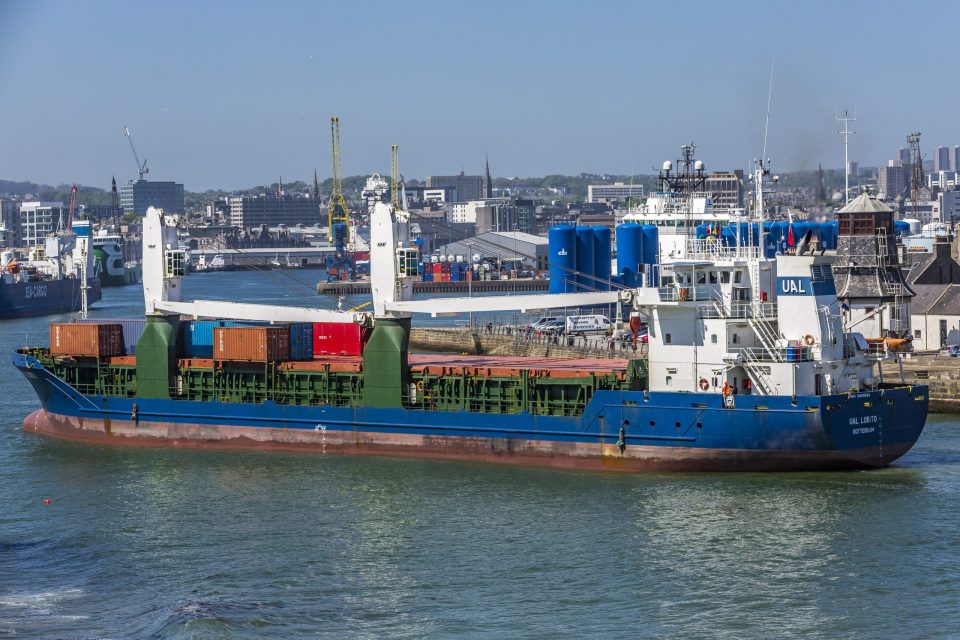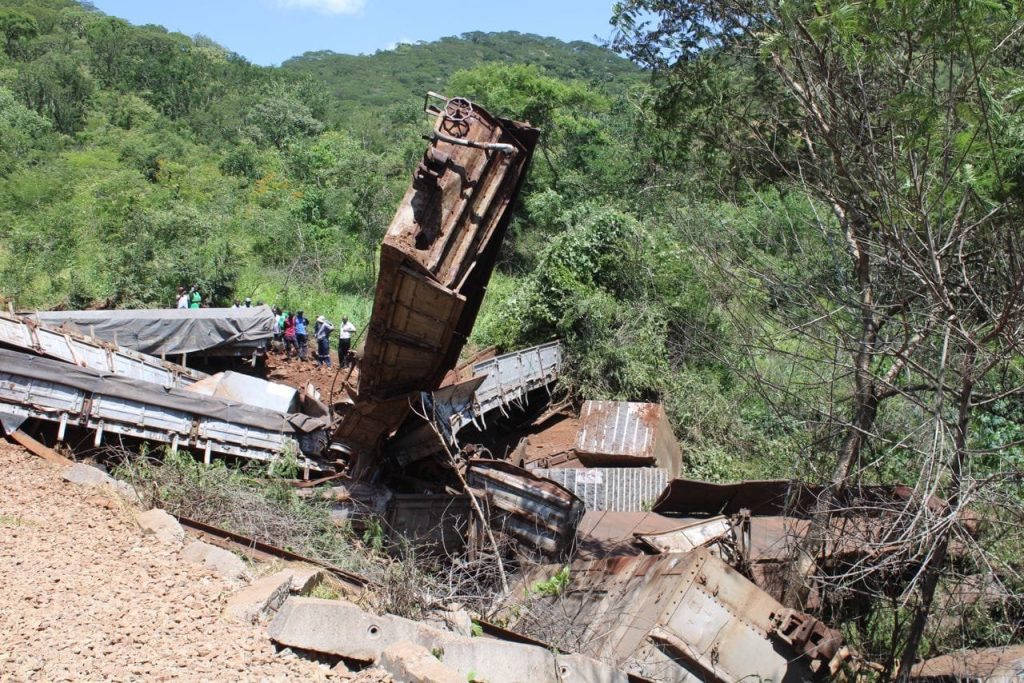The discussion regarding increasing rail competition between the U.S. and China in Africa is not new. Recent months have seen the unfolding of U.S.-led initiatives to finance and develop railway projects of great freight significance in the continent. At the same time, Chinese investments that have been a staple in the region for years seem to be receding. Is this a matter of shifting Chinese focus or more efficient financial and investment partnerships for African countries?
A previous report from RailFreight.com examined the increasing competition between the U.S. and China in Africa regarding railway investments. This analysis discussed the possible reasons behind the changing investing dynamics in Africa and the motivations behind the growing U.S. involvement.
It appeared that the U.S. was using the momentum of a receding Chinese influence to get involved in major infrastructure projects that benefit the superpower by providing access to African natural resources like cobalt, lithium and graphite. On the other hand, China did not appear to abandon its influential role; instead, it implemented a more cautious investing approach that entailed giving away some unfeasible or problematic projects to focus on others, seemingly more important.
Nevertheless, a recent Wall Street Journal report claims that the changing dynamics in Africa cannot be solely attributed to a changing Chinese approach. The report underlines that sloppy infrastructure work and subsequent neglect of infrastructure after its construction by the Chinese side have led African states to seek more ‘trustworthy’ partners, which can allegedly be found in U.S.-backed consortiums. The primary example used to prove this is the Lobito Corridor in Angola.
China recedes…
At the beginning of 2023, the Ugandan government announced the cancellation of a 2.2 billion dollar deal with the Chinese company China Harbour and Engineering Company Ltd (CHEC) to build a railway line from the Ugandan capital Kampala to Malaba, a city on the border with Kenya. The African state was already considering handing this project over to the Turkish firm Yapi Merkezi.
After all, the deal with the Turkish company was sealed, and work was expected to commence in September. Ugandan officials claimed that the project would be funded by the British export credit agency UK Export Finance and Standard Chartered Bank.
A South China Morning Post report claimed that China left the Ugandan project to focus on financing another project in Kenya, specifically the Naivasha-Malaba line, an extension of the Kampala-Malaba line in Uganda. Nevertheless, Chinese experts appeared ambiguous on whether China would finance the Kenyan project since a more cautious loaning approach that kept it away from Uganda could force it to reconsider before investing big money in a questionably feasible project.

…and not for the first time
After Uganda followed Angola and the Lobito Corridor project. The Lobito Atlantic Railway Corridor in Africa connects the Lobito port in Angola with the Democratic Republic of Congo (DRC). It is a critical railway line that provides huge transport possibilities for minerals sourced in DRC to be moved by rail to the Lobito port and then find their way around the world.
China was on top of this investment until 2022, when Angola rejected a Chinese bid to operate freight services on the Lobito line. Instead, they granted the project to Citic, a U.S.-led consortium involving European countries like Switzerland, Portugal and Belgium. The U.S. government will lend 250 million U.S. dollars via the U.S. International Development Finance Corporation (DFC) as part of this project. This will be DFC’s first rail investment in Africa, and the decision to implement it was solidified during the latest G20 summit in September 2023.
Neglect opens the way to more options
The Wall Street Journal report brings forward a different perspective regarding the changing dynamics in countries like Angola and Uganda. Based on quotes by Angolan officials, the fundamental reasons behind delegating major railway investments to countries other than China are Chinese neglect of projects and the fear of being trapped in an unviable vicious cycle of debt.
Chinese companies involved in past projects have not produced the expected results. New railway infrastructure is often defective, and maintenance works are considerably behind schedule, leading to the decay of railway tracks and the abandonment of signalling and safety systems.
Consequently, and given those circumstances, it is no surprise that another U.S.-based railway consortium, the All-American Rail Group, recently signed an MoU with the Angolan government to develop and finance a railway route parallel to the Lobito Corridor. All that occurs while China is also withdrawing from tenders to operate the Lobito port apart from the railway route leading to it.
Quick conclusions are seldom right
Does this mean that Chinese neglect should be taken for granted and that it will result in the U.S. taking the lead in African railway investments? The fact that the U.S. is gaining momentum in taking over African railway projects might indicate a temporal situation. Indeed, the Lobito Corridor project grant can be considered a victory both in terms of infrastructure development and diplomacy.
Nevertheless, like every investor, the U.S. must live up to the expectations it creates and deliver projects with regional and global added value. Carrying out investments blindly and coming up with flashy railway projects like the India-Middle East-Europe corridor without considering economic and political implications will not do the job.
After all, one should not forget two important factors: in the end, such projects mostly target natural resources, which, no matter what, China is not willing to give up. Additionally, African states have not closed the door to China. Instead, they keep it open while examining more possibilities. As the Angolan Minister of Transport Ricardo Viegas D’Abreu said to WSJ, his country is committed to maintaining a strategic relationship with China. In this sense, it could not be long before we discuss a possible Chinese rebound and takeover in the region.


